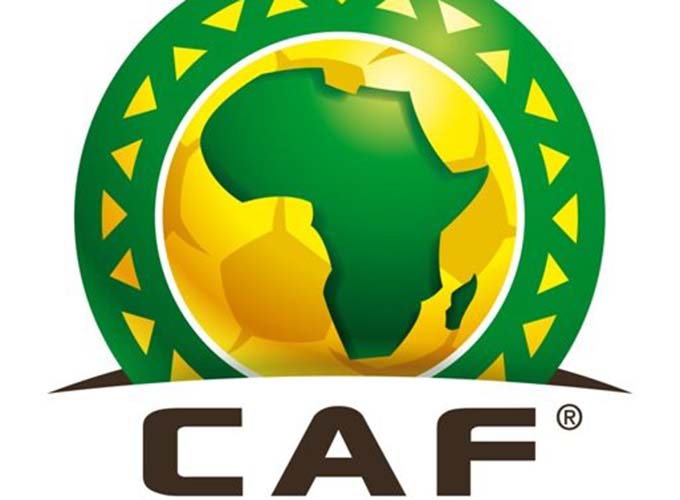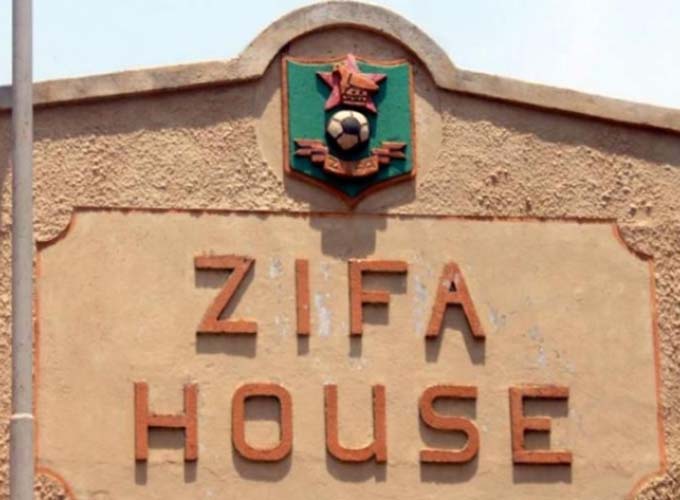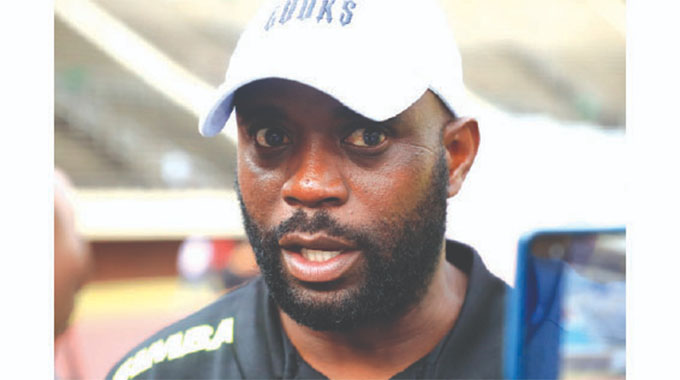Caf prioritise players’ health

 Petros Kausiyo: Deputy Sports Editor
Petros Kausiyo: Deputy Sports Editor
THE Confederation of African Football have stepped up efforts to improve the welfare of players plying their trade on the continent with the governing body setting up a health map for the footballers.It emerged at the end of a CAF Medical Congress in Cairo on Sunday where Zimbabwe were represented by ZIFA Medical committee chairman Edward Chagonda. According to the official CAF website, the continental body also intend to set up a medical database of footballers across Africa and beyond.
CAF secretary-general, Hicham El Amrani said the “Health Map’’ is a step towards the development of software that allows the gathering of medical data of all players who participate in competitions under the ambit of the continent’s football governing body.
El Amrani made the revelation at the 5th CAF Medical Congress which ran from October 14-16 under the theme “Clean and Healthy Football.”
“This congress is very important for a ‘Clean and Healthy Football’ on the continent and confirms CAF’s commitment to the development of the medical aspect of the game.
“We thank FIFA for their support to help in the testing of players for the U-20 competitions. Also, the support of our institutional partners including Asian Football Confederation (AFC), Union of European Football Associations (UEFA), ASPETAR, African Union of Sports Medicine (UAMS) who have been critical and provided knowledge and know-how towards the adoption of better strategies,” El Amrani said.
CAF Executive Committee member and president of the CAF Medical Committee, Adoum Djibrine, said the congress “provided an opportunity for participants to share ideas and exchange experience on the medical front which witnesses constant evolution due to science and technology to improve the health and performance of footballers in a clean manner.”
Chagonda said the congress had tackled a number of areas that are key to the health of footballers which include:
“Screening of cardiac diseases or predictors of sudden cardiac death, clinical management of sudden cardiac arrest on football on the football field and application of injury statistics’’.
The participants, who have been tasked with spearheading the improved welfare of the players’ health in Africa expressed satisfaction with the outcome of the congress. Chagonda was one of over 80 medical personnel representing the 54 National Associations affiliated to CAF who attended the congress.
The congress also comes against the backdrop of the establishment of the Sports Medical Aid Society in Zimbabwe and the unveiling of a new policy by Sport and Recreation Minister Makhosini Hlongwane, which targets the health wellness of athletes.
Chagonda’s ZIFA sports medicine committee has always campaigned to Premiership clubs to take issues to do with the health of players more seriously.
“Everything is laid down that athletes should be tested in terms of having medicals and it is even more worrying in the biggest sport which is football.
“The whole nation is fooling itself in that they miss the fact that the four pillars of football are coaches, administrators, referees and sports medicine.
“But we do not balance that because we ignore sports medicine. Coaches are given contracts, administrators are given terms, referees are paid before the game, but when it comes to sports medicine everyone wants to think it should be provided for free.
“Clubs do not want to contract doctors. So if we do not have a balance like we always do we will always have problems. We have a huge pool of players in this country and such a medical aid for them should be made mandatory,’’ Chagonda said.
The former Warriors doctor also gave an insight into some of the challenges being faced by the domestic game which said warranted the need for health insurance.
“There are also a lot of players who are being bought by clubs and yet they have serious injuries, but because there are no medicals conducted prior to their signing it is often not detected.
“There are players who are also forcing themselves to play without undergoing a medical because on their own some cannot afford and with such a facility like a medical aid society it could help them,’’ Chagonda said.









Comments